Almost thirty years after Liverpool and Everton dominated English football, Oliver Smith looks back at the decade of Mersey dominance and asks whether the neighbours’ impressive form this season is the first sign that Merseyside will soon have a greater impact on the footballing landscape.

Few cities are more fanatical about football than Liverpool. The beautiful game is intrinsic to its identity and runs right through the fabric of the city. Often the first topic of discussion in workplaces, school playgrounds and living rooms, the passionate debates that regularly take place between Reds and Blues are tempered by a mutual respect, engendered in no small part by the unity and solidarity shown in the wake of the Hillsborough disaster, that truly distinguishes the Merseyside derby as the ‘friendly derby’.
In the Premier League era, however, the city of Liverpool has been overshadowed by the city of Manchester and the country’s capital, London. During the 22 years of its existence, the Premier League trophy has only been located in a trophy cabinet outside of one of these two cities once; in 1994/1995, when big-spending Blackburn Rovers bought themselves temporary success, only to finish seventh a season later before suffering the indignity of a nineteenth place finish and relegation to what was then more straight-forwardly known as the First Division in 1998/1999.
Before Sky TV and the Premier League revolutionised the game by flooding it with cash in the 1990s, Merseyside was the beating heart of British football. Liverpool were indisputably the best team in the country, and arguably the best in Europe, while Everton were enjoying the most successful spell in their history under the managerial stewardship of former player Howard Kendall.
The two neighbours repeatedly picked up the major trophies, routinely facing off against each other as well in the pursuit of success.
In 1984, Liverpool won their fourth successive League Cup, beating the Toffees 1-0 at Maine Road in the Cup final replay thanks to a goal from Graeme Souness. Two years later, an Ian Rush double and a goal from the Australian Craig Johnston in response to Gary Lineker’s opener secured the Reds’ third FA Cup against Everton in front of almost 100,000 spectators at Wembley Stadium.
Most poignantly, the Merseysiders met at Wembley for the 1989 FA Cup final, only a month after 96 Liverpool supporters had tragically lost their lives attending the semi-final against Nottingham Forest at Hillsborough. On a day when football was clearly seen as secondary, Kenny Dalglish’s men fittingly won 3-2.

Their dominance of English football was such that Liverpool and Everton became known as the “Mersey Monopoly”. The label had alliterative appeal and was undeniably accurate as, alongside their frequent Cup success, the Reds’ and the Blues’ dominance in the League was equally absolute. Liverpool won five League titles and Everton finished top of the table twice, while from 1984/1985 to 1986/1987 the neighbours were the sole occupants of the top two positions.
The ban on English teams participating in European competition in the wake of the Heysel disaster in 1985 prevented the two teams conquering the continent as well and, as the eighties came to an end, so did their dominance. Both teams entered into a significant decline at the beginning of the 1990s, Liverpool regressing under Graeme Souness and Everton languishing in the bottom half of the table as the neighbours initially struggled to adapt to the demands of the Premier League.
Fast forward roughly 20 years to today, and Liverpool and Everton prepare to compete in the second Merseyside derby of the season at Anfield on Tuesday night following arguably their best seasons in a significant amount of time.
Top of the table on Christmas Day, Liverpool’s form was so good in the second half of 2013 that some even tipped them for the title and, although a title tilt now seems less likely as the Reds lie eight points behind table topping Arsenal, they are certainly in the running for Champions League qualification.
Meanwhile, with only two League defeats, Everton have impressively lost the fewest games this season and, only one point behind their fourth placed neighbours, the Toffees have a realistic chance of finishing in the top four for the first time since 2004/2005.
Many thought that they may struggle in their first season after the departure of David Moyes but, on the contrary, they have come on leaps and bounds under Martinez, whose refusal to revert to defensive tactics against the bigger teams, as Moyes often did, has reaped dividends and won him universal support from the Goodison faithful.
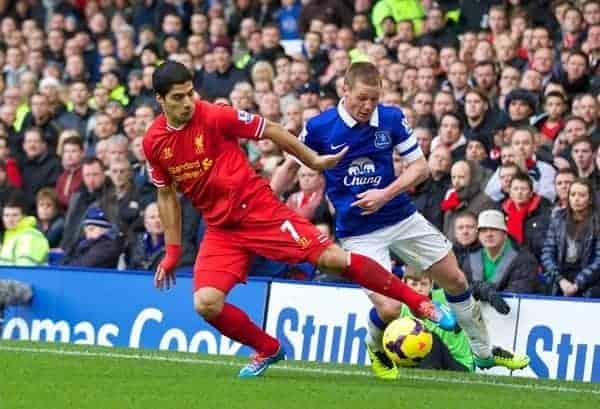
The convergence in styles between Liverpool and Everton is particularly noteworthy. In Brendan Rodgers and Roberto Martinez, the Reds’ and the Blues’ possess two promising young and upcoming managers with a deep commitment to a very similar footballing philosophy.
Both aim to inflict ‘death by football’ on their opponents, passing the ball patiently, dominating possession, maintaining control of the contest and ultimately ripping defences apart with devastating attacking play.
This shouldn’t be surprising, since both were influential in the rise of Swansea City, Rodgers building on the foundation laid by Martinez to take the enterprising Welsh outfit into the Premier League in 2011.
Moreover, John Henry held talks with Martinez, who was in charge at Wigan at the time, about taking over at Anfield, before ultimately deciding to go with Rodgers in the summer of 2012 after the departure of Kenny Dalglish.
So, with both Liverpool and Everton making significant progress under Rodgers and Martinez respectively, will this season usher in a new golden age for Merseyside football? Is the re-emergence of a “Mersey Monopoly” on the horizon?
The short answer is no.
The likes of Chelsea, City, United, Arsenal and, to a lesser extent, Tottenham have too much money and too many world class players to surrender ascendancy so easily to the Merseyside clubs, particularly Everton, who are nowhere near to competing financially with other top clubs.

FSG may have more financial resources at their disposal than Bill Kenwright, but Liverpool still lack the commercial clout of their rivals and must be prudent with their cash, as evidenced by Chelsea coming in and stealing Mohamed Salah from underneath their noses by submitting an £11 million bid while they quibbled over a couple of million quid.
Although, in all likelihood, we are never going to witness Merseyside dominance of British football on the scale seen during the 1980s again, it is certainly credible to suggest that Liverpool and Everton are going to have a greater impact on the footballing landscape in the next few years.
Both the Reds and the Blues are flourishing under managers who appear to be in it for the long haul and, should they continue to progress at the exponential rate which they have so far this season, there’s no doubt the footballing significance of the city of Liverpool will continue to grow.
Regardless of the outcome of Tuesday night’s six-pointer, there appears to be a bright future for Merseyside football.
YNWA
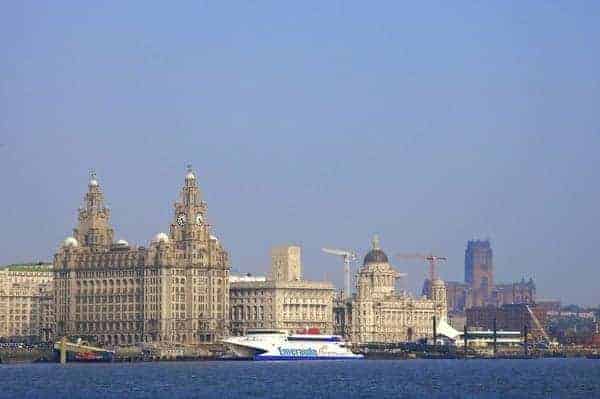
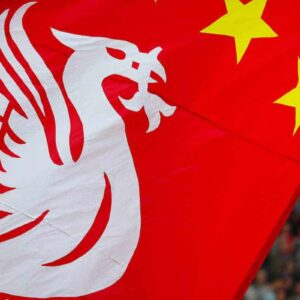

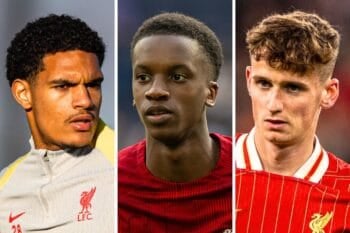
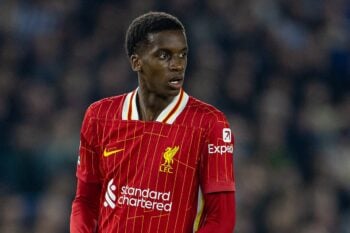
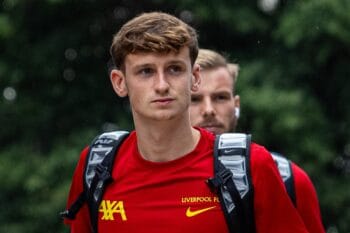
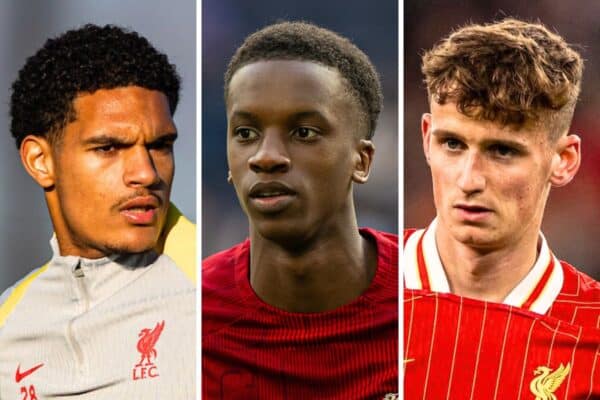
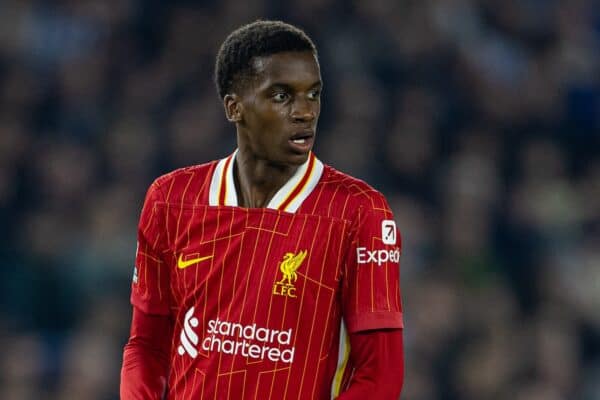
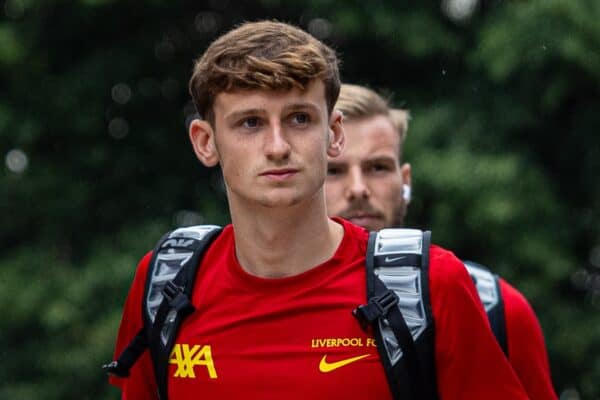

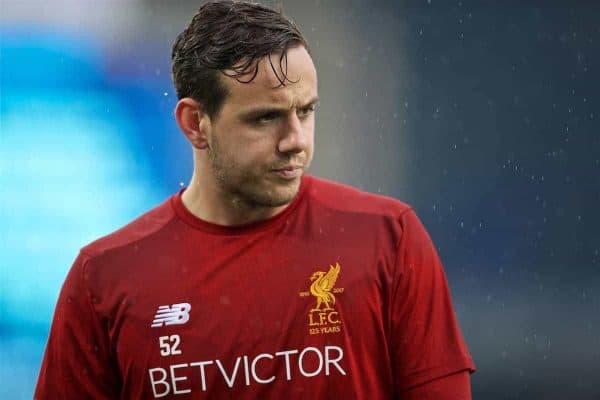
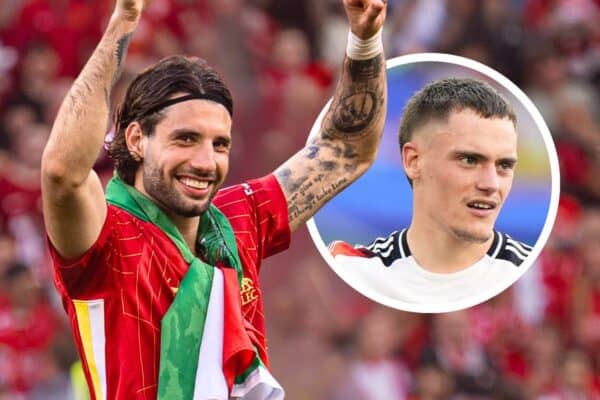
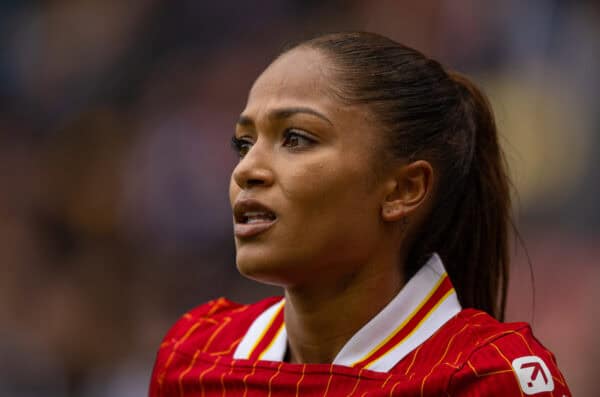
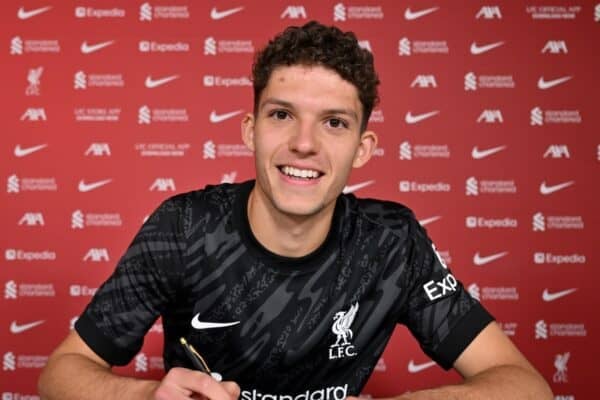

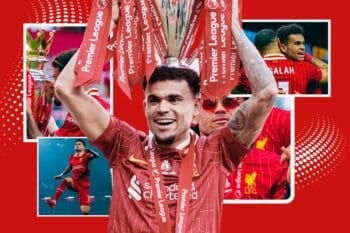
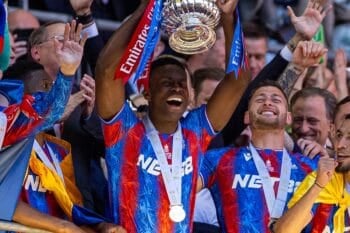
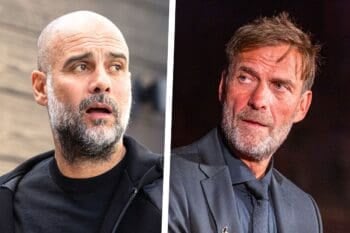
Fan Comments